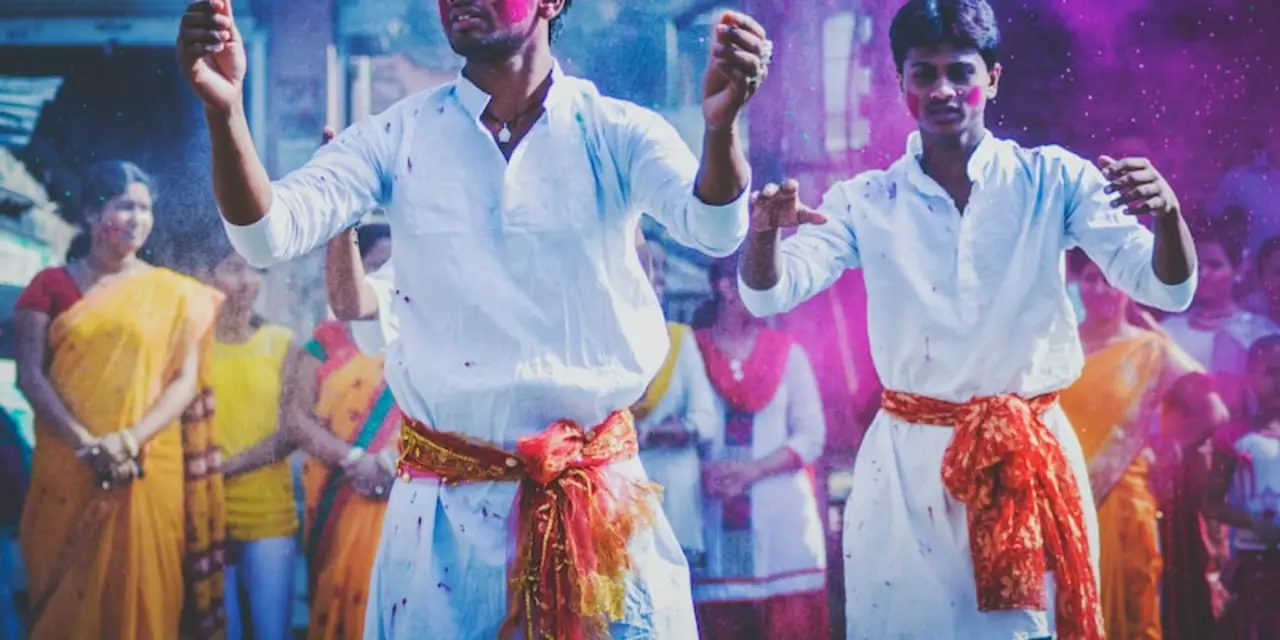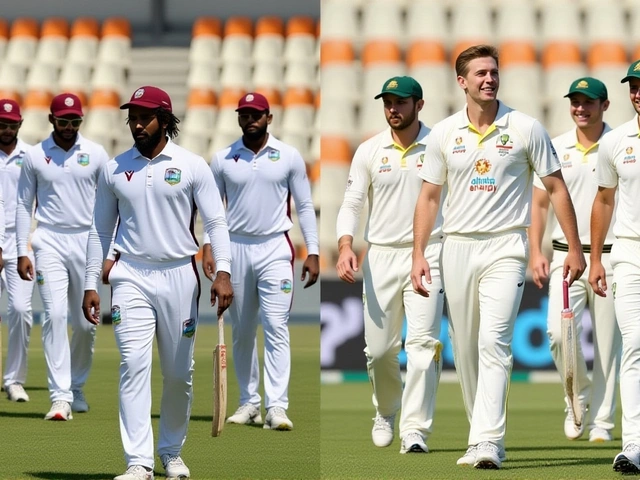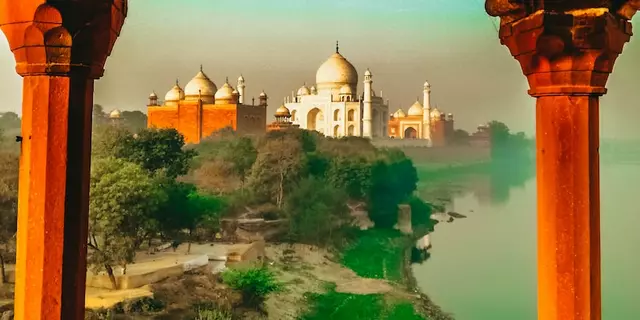8 Feb
|
15:28 PM
|
0

The Supreme Court of India is the highest court of justice in the country. Its decisions are final and binding on all lower courts and tribunals. But the question arises, who can change the decision of this highest court?
The Supreme Court of India has the power to review its decisions. It can set aside or vary its own judgments or orders. In certain cases, an appeal to the Supreme Court can be made for a review of its decisions.
The President of India is the supreme authority of the country and he or she has the power to pardon any person convicted by the Supreme Court. The President can also review the decisions of the Supreme Court in cases where the court has not followed the procedure prescribed by law.
Another way to challenge the decision of the Supreme Court is to file a special leave petition in the Supreme Court. This petition can be filed by any person aggrieved by the judgment of the Supreme Court. The petition should be filed within 30 days from the date of the judgment.
In rare cases, the Parliament of India can also review the decisions of the Supreme Court. This can be done by introducing a bill to overturn the decision of the court. The bill needs to be passed by both the Houses of Parliament and then be signed by the President.
Thus, it can be seen that the decisions of the Supreme Court of India can be challenged in certain ways. However, the powers to review the decisions of the Supreme Court rest with the President of India, the Supreme Court itself and the Parliament of India.
CATEGORY:
Legal Resources
The Supreme Court of India has the power to review its decisions. It can set aside or vary its own judgments or orders. In certain cases, an appeal to the Supreme Court can be made for a review of its decisions.
The President of India is the supreme authority of the country and he or she has the power to pardon any person convicted by the Supreme Court. The President can also review the decisions of the Supreme Court in cases where the court has not followed the procedure prescribed by law.
Another way to challenge the decision of the Supreme Court is to file a special leave petition in the Supreme Court. This petition can be filed by any person aggrieved by the judgment of the Supreme Court. The petition should be filed within 30 days from the date of the judgment.
In rare cases, the Parliament of India can also review the decisions of the Supreme Court. This can be done by introducing a bill to overturn the decision of the court. The bill needs to be passed by both the Houses of Parliament and then be signed by the President.
Thus, it can be seen that the decisions of the Supreme Court of India can be challenged in certain ways. However, the powers to review the decisions of the Supreme Court rest with the President of India, the Supreme Court itself and the Parliament of India.



